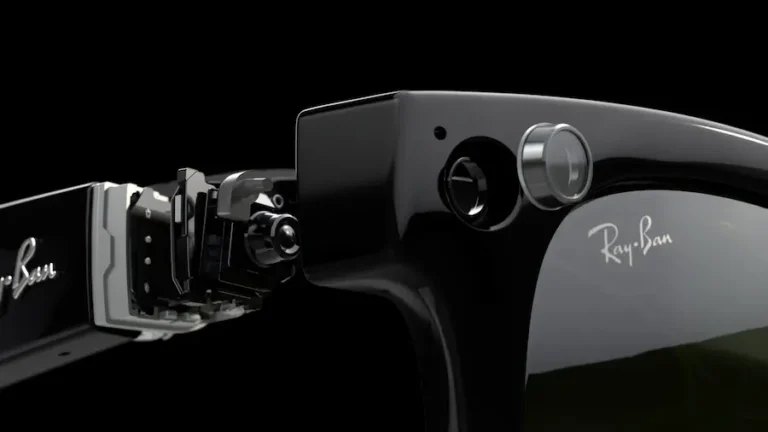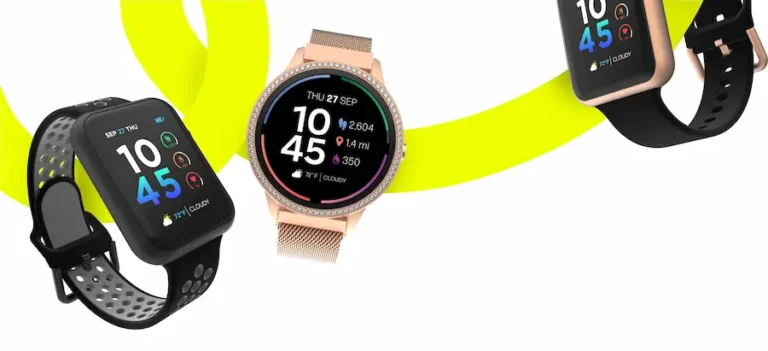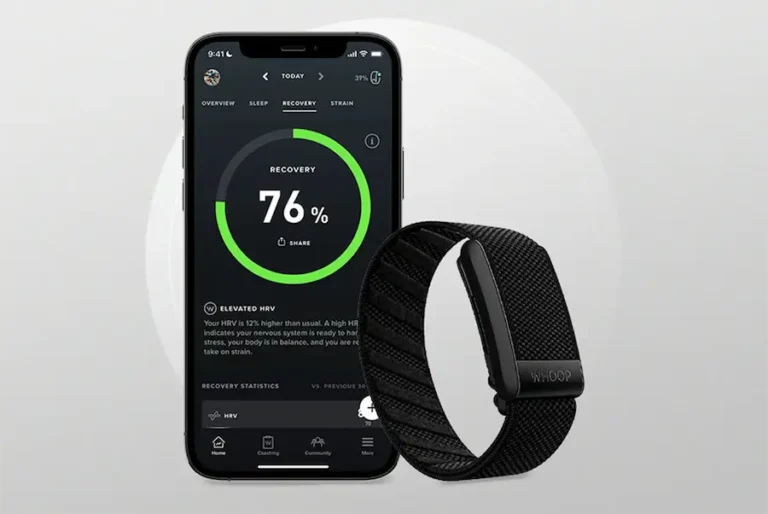
In an era of rapid technological advancement, wearable technology is reshaping how we approach elderly care. These innovative devices are not just about tracking steps anymore; they are becoming essential tools in ensuring the safety, health, and well-being of our senior population.
Wearable devices offer a range of functionalities, including indoor positioning, which can pinpoint the exact location of an elderly loved one within their home. This ensures they can be quickly found in case of emergencies, a feature particularly beneficial in assisted living facilities and larger residences.
These devices are also equipped with advanced sensors that monitor physical activities. They can recognize different activities, from walking to resting, and raise alarms if something unusual happens, like a sudden fall. This constant, discreet monitoring provides peace of mind to both the elderly and their caregivers, knowing that help is always close at hand.
Another significant benefit of wearable technology is the ability to continuously monitor vital signs. Devices like the FitBit Charge 6 track heart rate, blood pressure, and even stress levels in real-time. This data allows for timely interventions and better management of chronic conditions, ensuring that health issues are addressed promptly.
Enhancing Capabilities with Machine Learning
Machine learning enhances these devices’ capabilities by analyzing the vast amounts of data collected. It can detect patterns and predict potential health issues, such as irregular heartbeats or the likelihood of falls. This proactive approach to healthcare can significantly improve the quality of life for the elderly, making these wearables not just smart but essential.
Adoption Rates and Challenges
Despite their benefits, the adoption rate of wearable technology among the elderly remains relatively low. Concerns about privacy, the complexity of new technology, and a lack of awareness are significant barriers. However, with increased education and user-friendly designs, these hurdles can be overcome, paving the way for wider acceptance and improved health outcomes.
While wearable technology offers many benefits, it’s crucial to consider ethical implications. Issues like privacy, autonomy, and access must be addressed to ensure these devices are used responsibly and effectively. Balancing these concerns with the undeniable benefits they offer is key to their successful integration into elderly care.
For those looking to integrate wearable technology into their daily lives, the FitBit Charge 6 stands out as an excellent choice. With comprehensive health monitoring features, including heart rate tracking, sleep analysis, and stress management, this device is both sleek and user-friendly, making it ideal for elderly users.
By incorporating wearable technology into elderly care, we are taking a significant step towards enhancing the safety, health, and overall well-being of our aging population. These devices offer a blend of innovation and practicality that promises to revolutionize how we care for our elders, ensuring they live their golden years with dignity and peace of mind.
Ready to enhance your life with the FitBit Charge 6?




